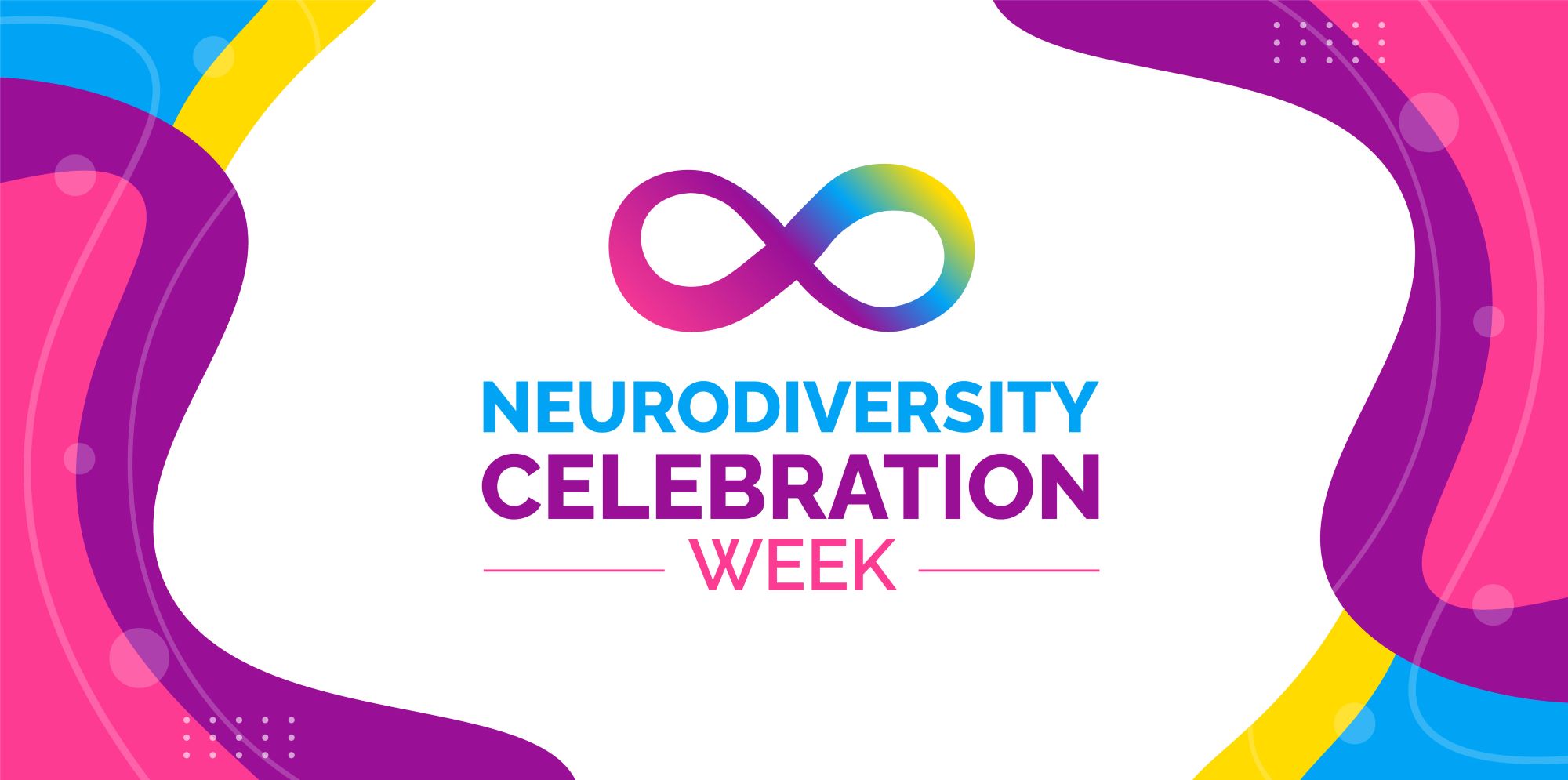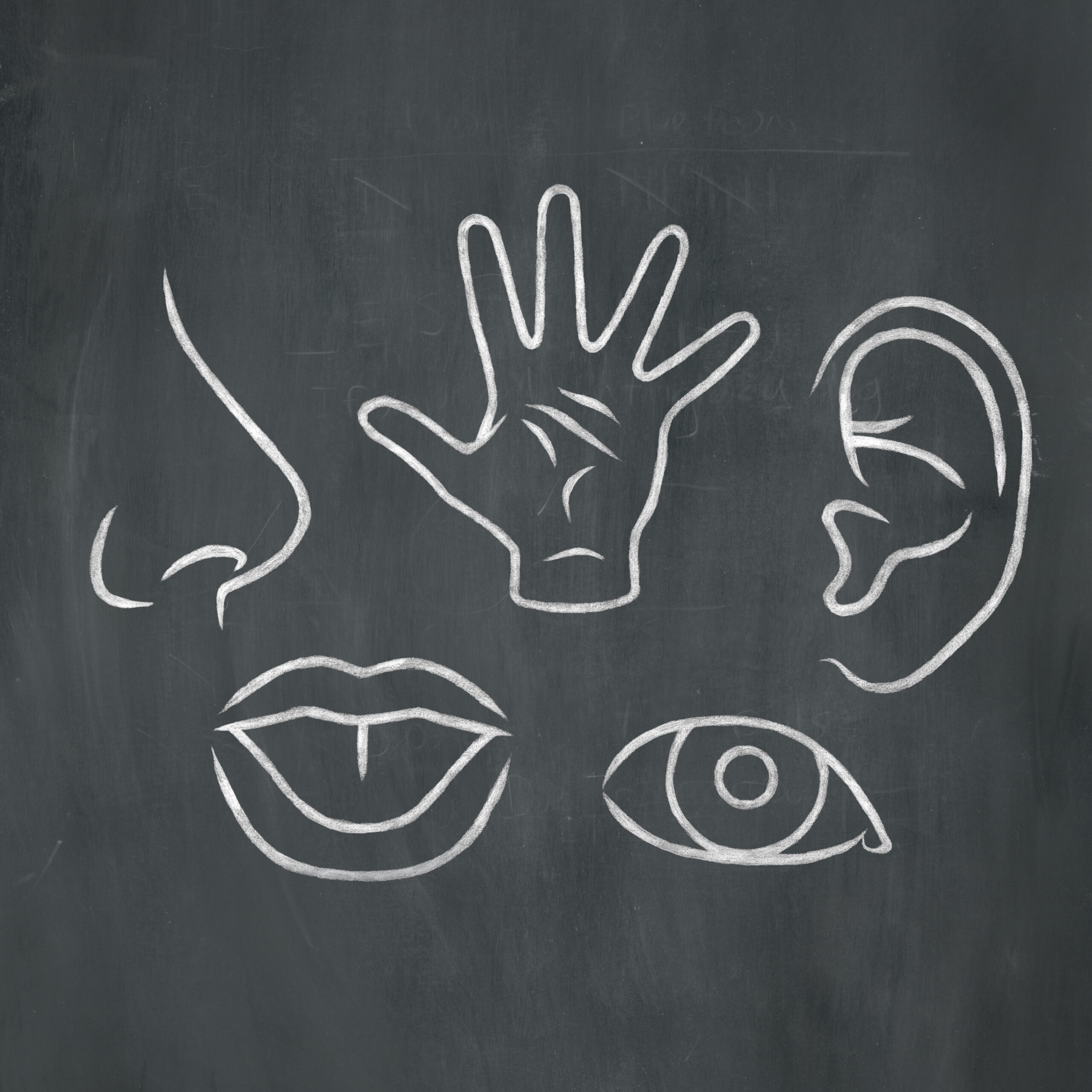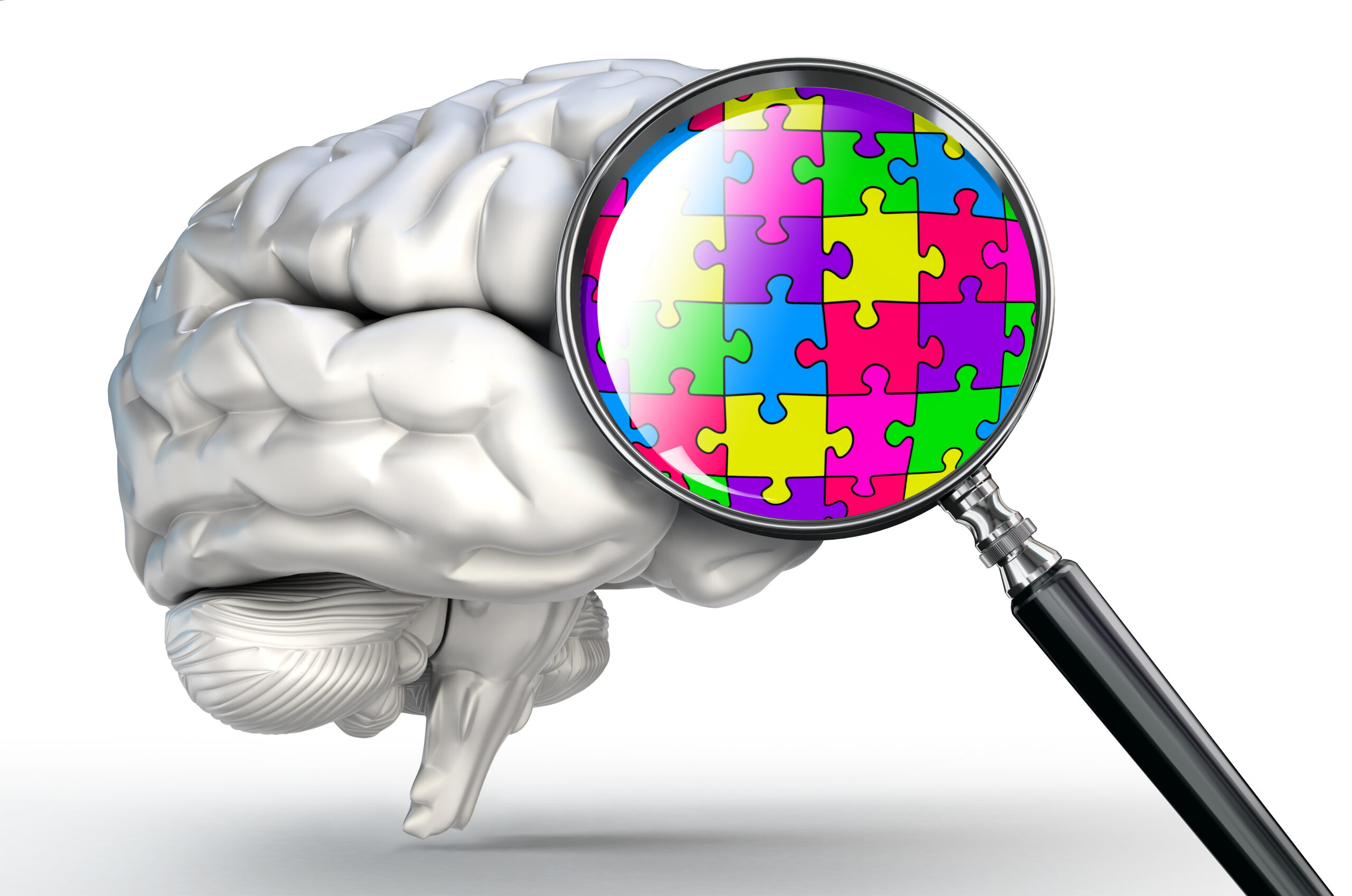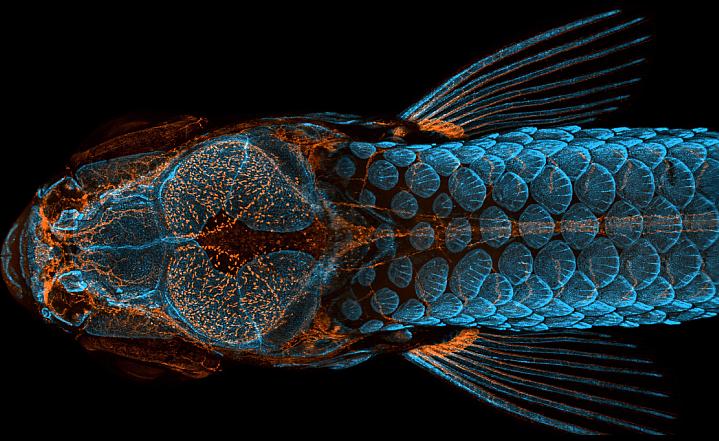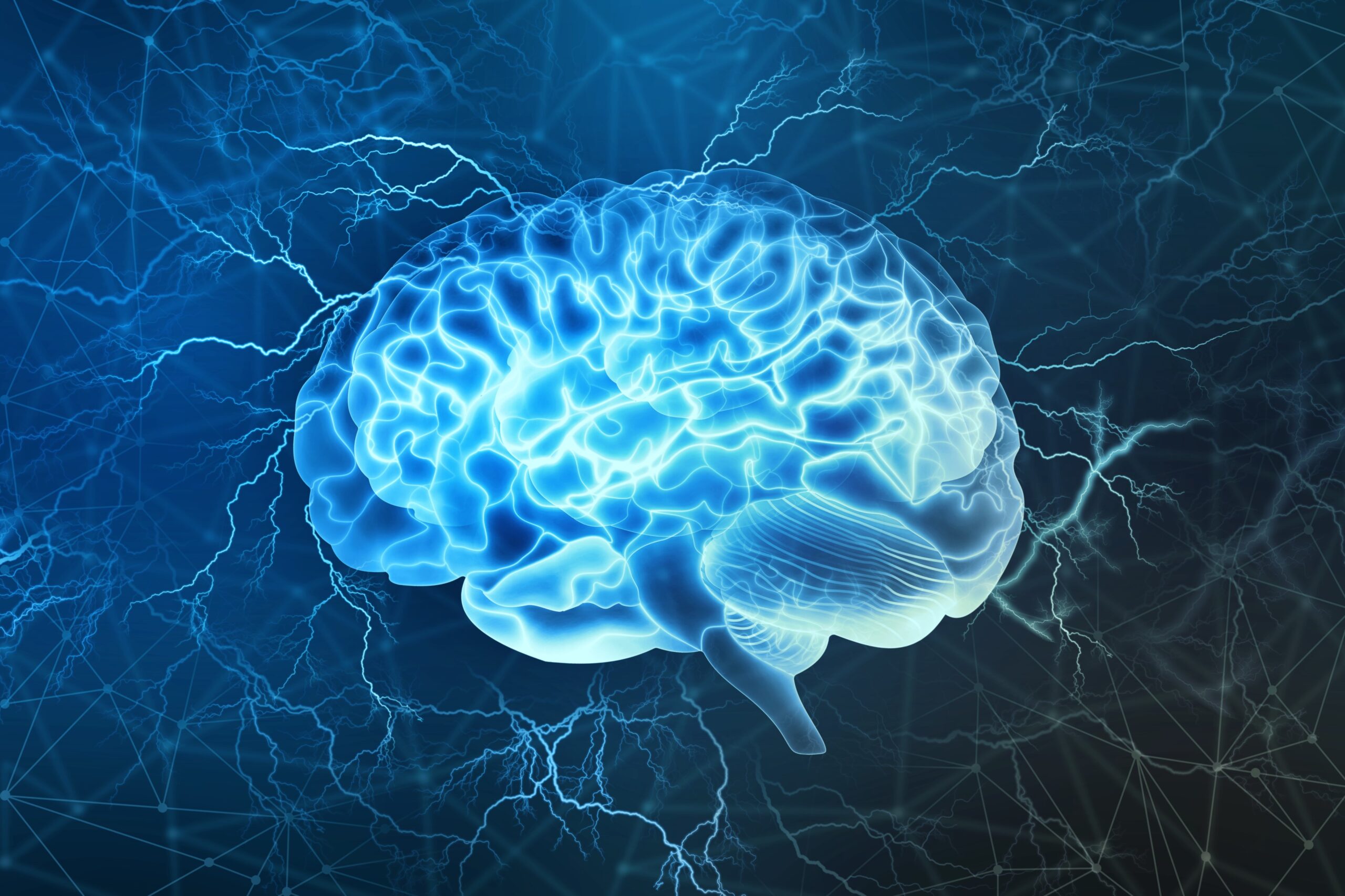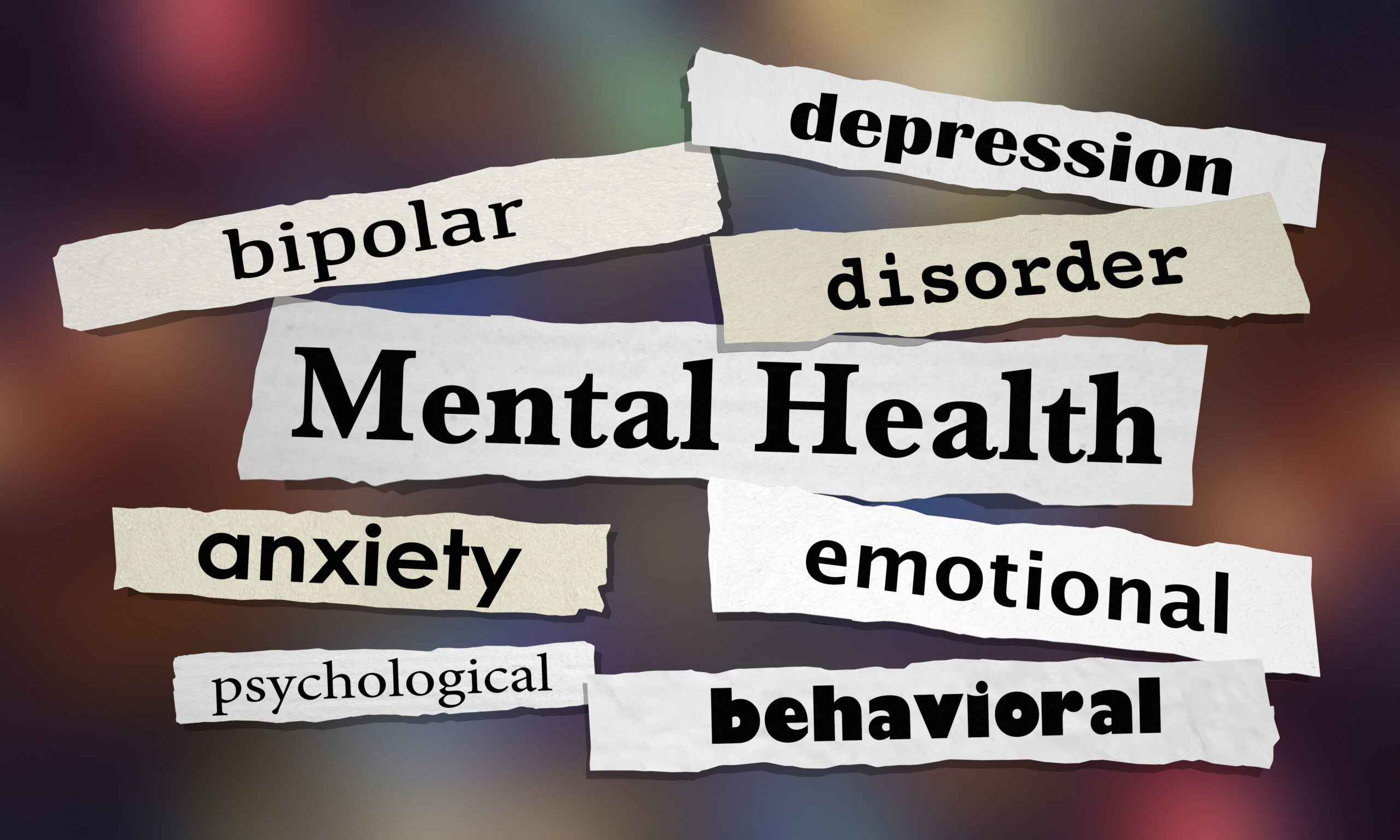Beyond the Norm: Understanding Neurodivergence
In this article, we’re delving into a subject: neurodiversity. But what exactly does that entail? Well, it’s about acknowledging the differences in how everyone’s brain operates. While some individuals have an easy time focusing, others may find it more difficult. Similarly, some people excel at remembering details, while others, often those suffering from dementia, may …


